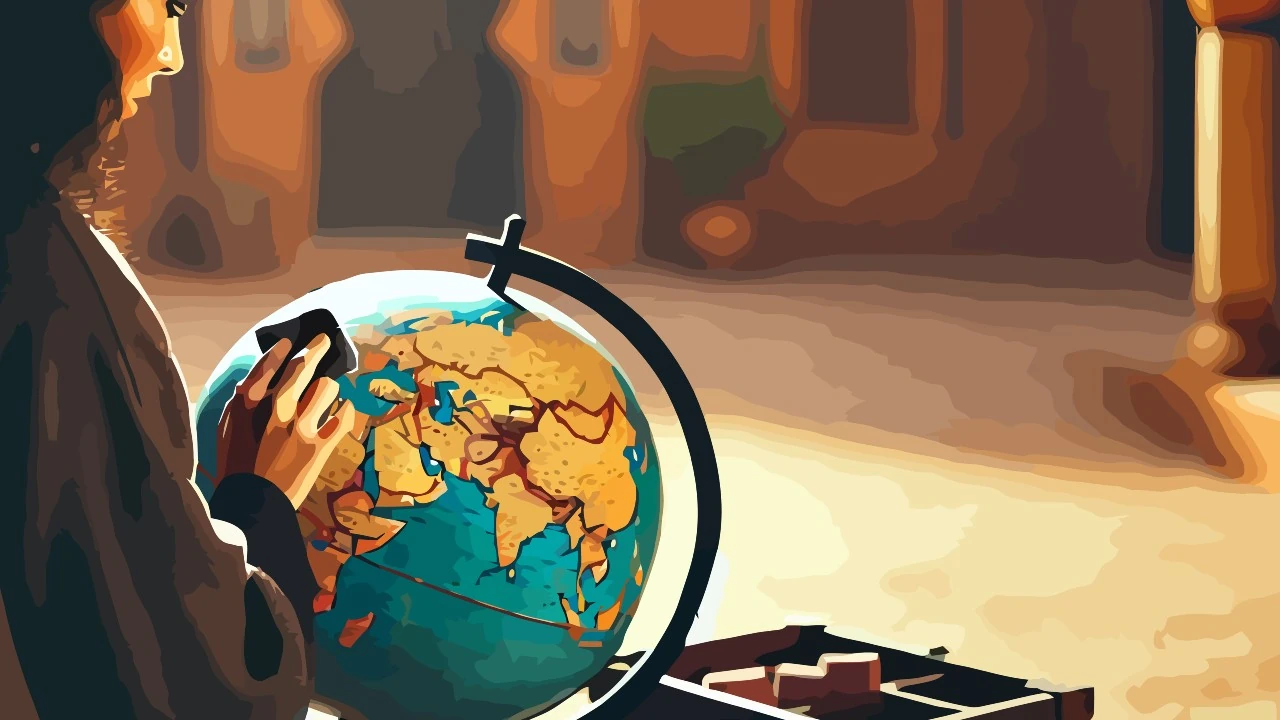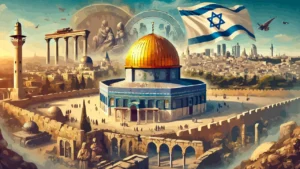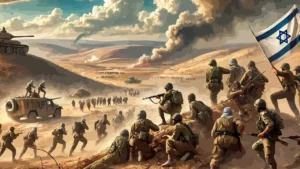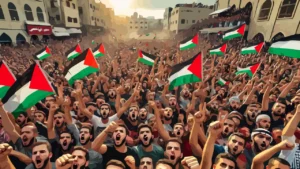I disagree with the choice of Maha Yakoub, author of the book Instant Arabo published by Gribaudo (Feltrinelli Group), to never mention Israel, at least where all the Arab and non-Arab countries near Palestine are listed. Furthermore, I find it unacceptable to present historical facts without proper logic, leaving room for misleading interpretations and fueling disinformation.
I really can’t believe this. Israel shares a long border with Palestine, the Arab community is integrated, not discriminated against and constitutes a good part of the Israeli population, in addition to the fact that the Arabic language is spoken and used also at an institutional level in Israel. Unfortunately, in the new 2023 edition the choice not to mention Israel has been maintained.
In the book in question I had the feeling that Israel, never named, was secretly accused in some pages of being guilty of the suffering of the so called Palestinian people. If this were true, in my opinion, it would configure a narrative in line with Palestinian propaganda, containing victimism, historical revisionism.
To give you an example, in one chapter of the book, the separation wall built by Israel in 2002 is called “the wall of shame”. Well, thanks to that wall “of shame” Israel has drastically reduced the number of massacres against its civilian population by Palestinian terrorism. In numbers, in the last year alone, before the construction of the wall began, suicide attacks against Israeli civilians were 53!
The issue of the Nakba, again in a chapter of the same book, is also treated incorrectly by making it seem like Israel drove people out of their lands, but in reality most of the Arabs fled their homes at the request of the Arab leaders themselves. In fact, the latter feared that the Jews wanted to annihilate the Arabs, as this was the plan of the Arabs: to annihilate the Jews. In reality, the Israelis never had plans of annihilation, unlike the others.
Furthermore, in the author’s YouTube channel, the figure of Yasser Arafat is not exhaustively represented in my opinion. To make up for this, I could mention, among other things, Arafat’s far from peaceful and constructive actions towards Israel and his very close ties with his uncle Haji Amin El Husseini (former Grand Mufti of Jerusalem), the latter an ally of Adolf Hitler and an accomplice in the massacres of Jews in Europe (Holocaust) and in the territories of Judea and Samaria (including the massacre of Hebron in 1929).
Added to all this is a reflection that deeply troubled me: the author’s choice to omit Israel reminded me, by association of ideas, of the radicalized schools of Gaza, where children were taught from an early age that Israel did not exist, physically erasing it from the maps. The absence of the name of Israel in this book aroused the same discomfort in me, as if we were faced with a more subtle but equally dangerous form of denial and manipulation of historical reality. The way in which some events are presented seems to omit the logic of the facts, leaving room for disinformation and a distorted narrative that ignores the broader and more complex context of the history of the region.
If the logic is to remove countries from the list as a sort of protest because some do not want Palestine to exist, then one should be consistent: Israel has always sought the two-state solution, while Arab leaders have always opposed it. Therefore, if one were to follow this same logic, it should not be Israel that should be removed from the narrative, but rather Palestine and the Arab countries that have hindered every possible agreement. Israel has done everything possible for the creation of an Arab state, while the same Arab leaders have repeatedly rejected every proposal, putting conflict and death before coexistence.
Here are some contents that will allow you to delve deeper into what has been said:
👉 Read also: The Whole History of Israel
👉 Read also: Israel and the Question of the “Occupied” Territories
👉 Read also: Lies and Silenced Truths About Israel





Leave a Reply